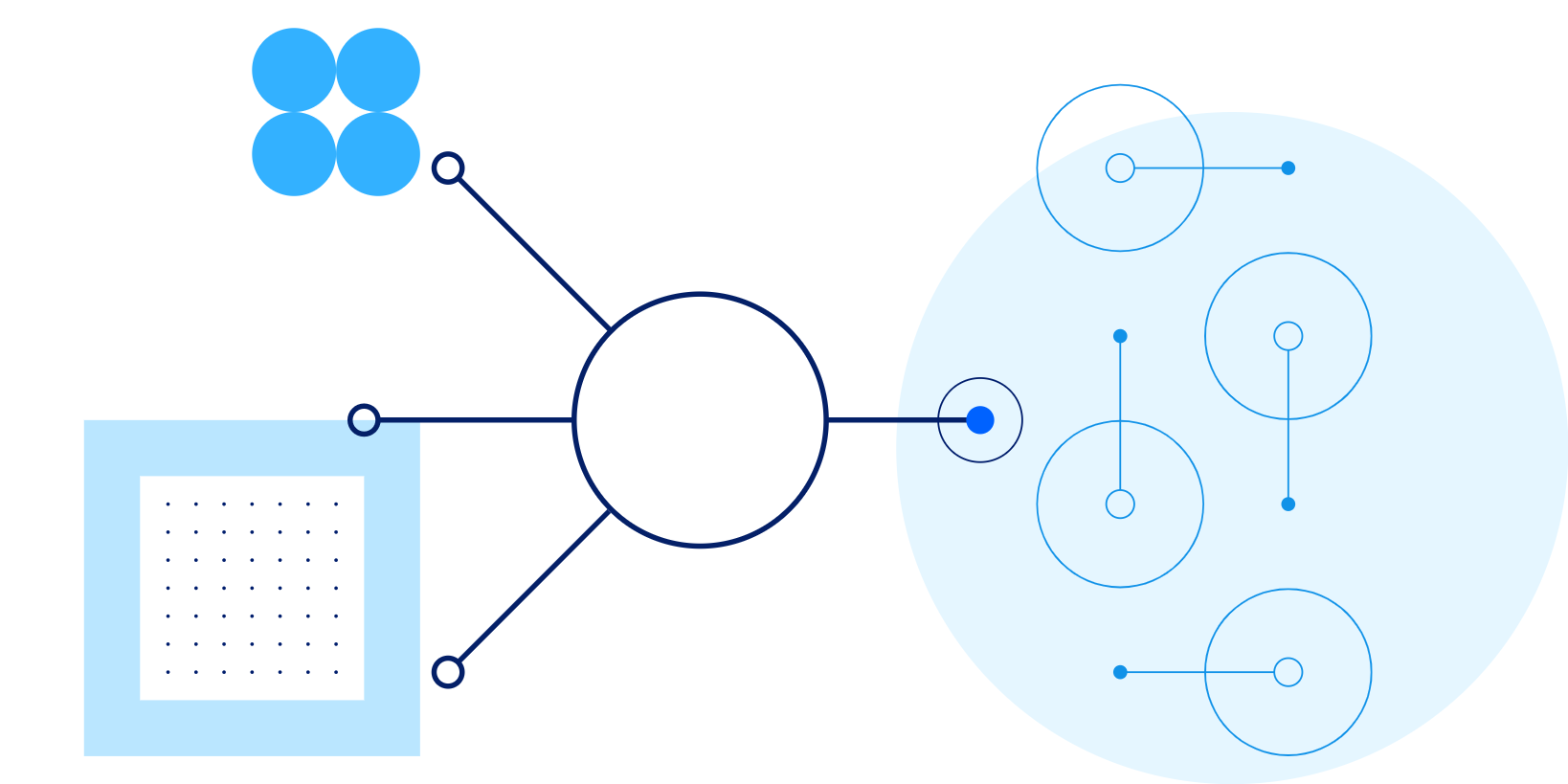About cookies on this site Our websites require some cookies to function properly (required). In addition, other cookies may be used with your consent to analyze site usage, improve the user experience and for advertising. For more information, please review your options. By visiting our website, you agree to our processing of information as described in IBM’sprivacy statement. To provide a smooth navigation, your cookie preferences will be shared across the IBM web domains listed here.
Perspectives
IBM continues to deepen its collaboration with the University of Oxford
7 October, 2020 | Written by: Petrena Prince
Categorized: Perspectives
Share this post:
Partnerships between academia and business have taken place for hundreds of years and IBM’s involvement stretches back to 1945. In the modern world, these partnerships have become ever more necessary, with universities requiring access to funding, technology and real-world skills, and industry needing greater creativity, invention and vision to tackle problems of the future.
With the appointment of IBM’s Jason Crain on the 1st October 2020 as visiting Professor at the University of Oxford in Computational Biophysics, IBM and Oxford University have positioned themselves to develop an even deeper strategic research partnership in areas of mutual interest which includes
(a) AI foundations and applications,
(b) Materials simulation and
(c) Quantum computing algorithms and applications
These areas are areas of strength, interest and strategic importance for both organisations. Closer collaborations between IBM and the University of Oxford will therefore bring exciting prospects for new ideas and innovations.
We are building on a strong and distinguished track record: over the past several years we have seen the partnerships result in 9 joint papers, including a landmark publication on antimicrobial research, appearing in Proceedings of the National Academy of Sciences. More recently two external grants have been awarded to carry out Covid-19 related research, at the forefront of global vaccine development efforts.
Additionally, IBM is supporting postgraduate students at the University of Oxford with two programs. The first being the Global PhD Fellowship program, one of which Oxford has been awarded in each of the last two years. Secondly, IBM has awarded 4 of its iCASE PhD studentships from UK Research and Innovation (UKRI) to the University of Oxford – Here students work full time on projects co-designed and jointly supervised by IBM and University Staff.
The relationship at the University has grown over the past 20-plus years and Oxford was the first University in Europe to have Quantum Partner status.
In course and curriculum development, the University is using the IBM Academic Initiative which provides access to IBM Cloud services and software for teaching and research purposes. Whilst IBM’s Matt Lucas has run courses in Blockchain such as last year’s “Tech for Managers” course and this year’s Software Engineering course. Also, IBM’s Juliet Grout has run several Cybersecurity events for students from the University of Oxford, held both at the IBM Hursley labs and onsite at the University.
Additionally, IBM ran a Climate Change event in February 2020, which was open to all current University of Oxford students, undergrads, postgrads and DPhils who formed around 24 teams, and were tasked with two objectives:
- Develop AI and Machine Learning (ML) solutions to climate change that would increase the likelihood of limiting global warming to 1.5ºC above pre-industrial levels and assist with the adaptation to climate breakdown.
- Develop an understanding of the possible technical, social and economic benefits, risks and unintended consequences of using AI and ML to tackle climate change.
The IBM team, lead by Stefan Kwiatkowski, supported the event by providing access to IBM PAIRS (Physical Analytics Integrated Data Repository and Services), which has comprehensive geospatial data layers that cover the whole world. This allowed students access to historic data which is needed to develop machine learning models. In addition, access to The Weather Company (TWC) was provided which enabled students to call on the forecast facilities to be able to run test their models and tune them accordingly.
Looking ahead, IBM and Oxford University are seeking to build on this momentum, to leverage each other’s capabilities and to drive new scientific discoveries in areas of shared interest.
To find out how your University can take advantage of IBM Global University Programs visit www.ibm.com/university

Petrena Prince
University Programs Leader Europe, IBM Global Markets
More stories
By Helen Gowler on 3 October, 2024
Generative AI: driving a new era of HR transformation
Helen Gowler, Partner, EMEA Talent & Transformation Lead Today, I’m proud to be part of a company that’s committed to addressing gender bias in the tech industry. IBM is pioneering the use of AI to tackle this issue, and I’m excited to contribute to this effort. Our team is developing AI models that can detect […]
By Mark Restall on 18 July, 2024
Multi-Modal Intelligence Platform
Traditionally, data management systems provided only numerical or textual based business intelligence primarily for back-office users across finance, sales, customer management and supply chain. Today, we are increasingly seeing data management systems which drive key business functions requiring interrogation of multi-modal data sets from documents, presentations, images, videos to audio. This demands a more sophisticated […]
By Mark Restall and others on 16 July, 2024
The use of GenAI to Migrate and Modernise Organisational Core Programming Languages
GenAI is hugely powerful and supports a diversity of use cases by focusing on routine work – allowing people to focus time on value-add tasks, thus enhancing productivity. The focus of this use case is for an organisation which had previously focussed on a legacy set of tooling and programming languages and needed a way […]





























